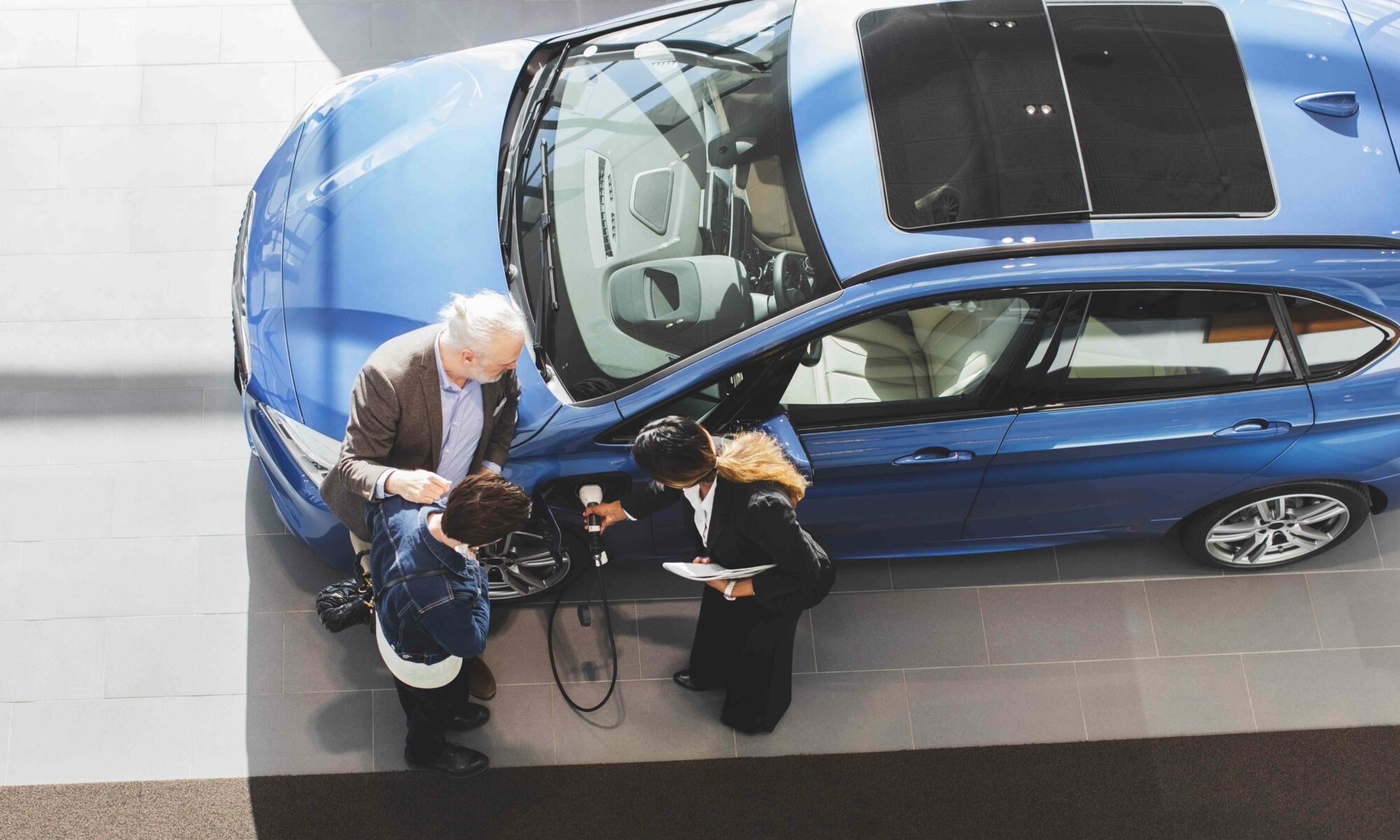Purchasing a car? Don’t leave anything to chance
Work out a budget – Set your criteria – Use professionals
Luxembourg’s “Autofestival” is the year’s most important event for the local car industry. According to Fedamo, the Luxembourg car industry federation, up to 40% of the country’s annual car sales take place during the Autofestival. And with 2021’s event extended to 15 days, participating garages will be able to spread out the anticipated rush of visitors over several extra days and give customers tailored advice and better access to the models on show.
While purchasing a car is primarily a matter for the customer and car dealership or garage, anyone looking to buy a new or used car should weigh up a few different aspects in advance of their purchase.
Limits: a key consideration
First things first: set your budget. You don’t want to regret your purchase later, so it’s essential to set—and stick to—a price limit. If you’re planning to buy on credit or lease, make sure to also set repayment limits. Remember that taking out a loan can also have tax benefits: up to EUR 672 of interest on personal loans per person living in the household is tax-deductible.
Some dealers also offer financing options, but beyond any special conditions bank loans generally offer more favourable terms. What’s more, traders tend to require higher down payments. Of course every situation is different, so make sure you do your homework and negotiate before making any decision.
Money questions all sorted? Then now’s the time to draw up your list of criteria. Which type of car do you want? Which make? Which model? Which fuel type, colour, fittings? The list can get quite long, but try and stick to it and find a compromise between your objective and subjective criteria.
Opting for an electric vehicle? Make sure you know exactly what you need and expect from your car.
Electric vehicles
Once upon a time, the only choice was between diesel and petrol (see table). But with electric cars now also in the mix, it’s important to know exactly what you need and expect from a car if you’re thinking of going electric. On 20 May 2020, as part of its promotion of electric, environmentally friendly transport, the government announced an increase in the subsidies for electric car purchases until the end of the first quarter 2021. Anyone who buys an electric car receives a bonus of EUR 8,000, while those who opt for plug-in hybrids receive EUR 2,500.
Remember to always buy from a professional dealer, especially if you’re not particularly knowledgeable about cars. It’s true that professional dealers’ used cars are more expensive, but you can be certain that you’re purchasing a vehicle that has been assessed and comes with guarantees. Not to mention the huge room for negotiation if you offer your old car in part exchange.
The right feel usually outweighs big promises. So whether you’re buying a new or used car, always take your potential purchase out for a test drive. It’s the best way to check whether the car meets your expectations.
Diesel or petrol?
Use the simplified table below to weigh up how the different fuel types compare with each other.
| Price | The petrol version is normally cheaper than the diesel version of the same model. |
| Fuel price | Diesel is still considerably cheaper than petrol. |
| Maintenance | Maintenance of petrol cars tends to be cheaper, but diesel engines last longer. |
| Consumption | On average, diesel engines use 15% less fuel than petrol engines, provided they are driven frequently and on long journeys (at least 20,000 km/year). |
| Resale price | Diesel vehicles tend to fetch a higher resale price. |
| Insurance | Due to their resale price and higher replacement part costs, diesel vehicles are more expensive to insure. |
| Environmental performance | Both types pollute the environment but in different ways: petrol engines emit more CO2 but diesel engines emit more fine particles. |
2019: a record year
In 2019, Luxembourg’s car industry hit a new all-time record with more than 55,000 new cars registered.
1.8% of sales were electric vehicles, double the previous year’s level, and almost 6% of all cars sold in Luxembourg were hybrids.
There was also a noticeable swing from diesel to petrol engines. While sales of petrol cars in 2019 increased by 7.9%, diesel car sales fell by almost the same amount (7%). Diesel cars now make up just 41.9% of car sales, against 50.6% for petrol engines.


 Mortgage
Mortgage Personal loan
Personal loan Savings
Savings